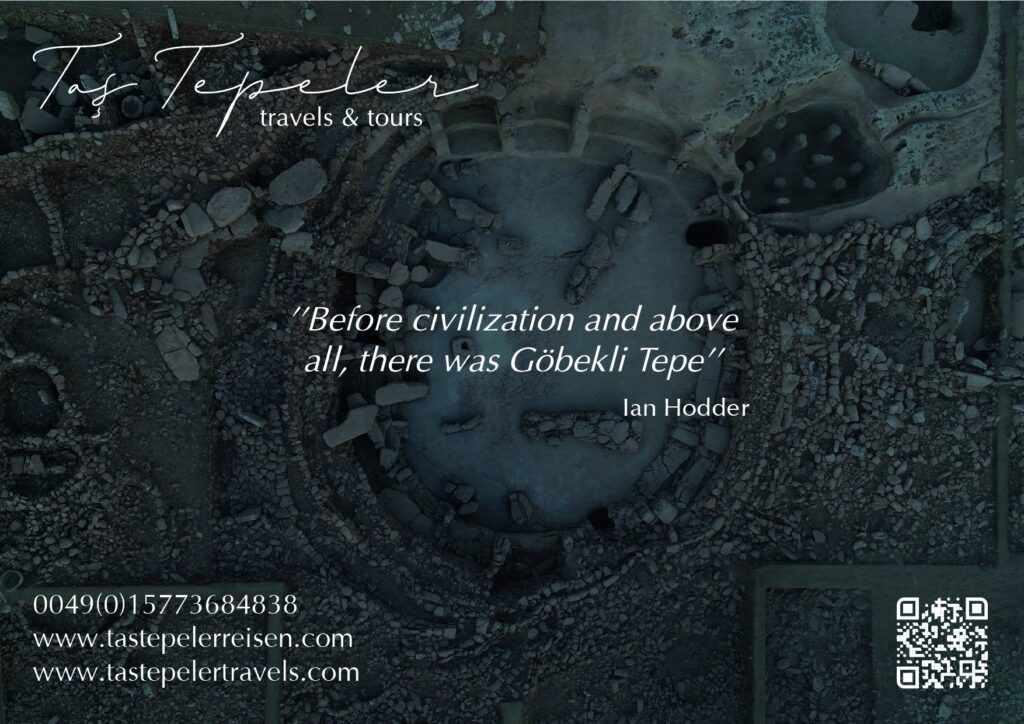
During the Late Epipalaeolithic and Early Neolithic, societies across the Levant transformed their social, cultural and economic organisation, with new forms of food production, architecture and material culture. But to what extent were regional developments connected and how, in particular, did ideas and objects flow between the most southern and northern reaches of Southwest Asia? Finds from the Pre-Pottery Neo- lithic site of WF16 in southern Jordan resonate with those from Göbekli Tepe and other sites hundreds of kilometres to the north. Emphasising shared symbolism and ideology, the authors explore how connections may have arisen and how they were maintained, revealing expansive social networks spanning Southwest Asia that underpinned the emergence of farming.


